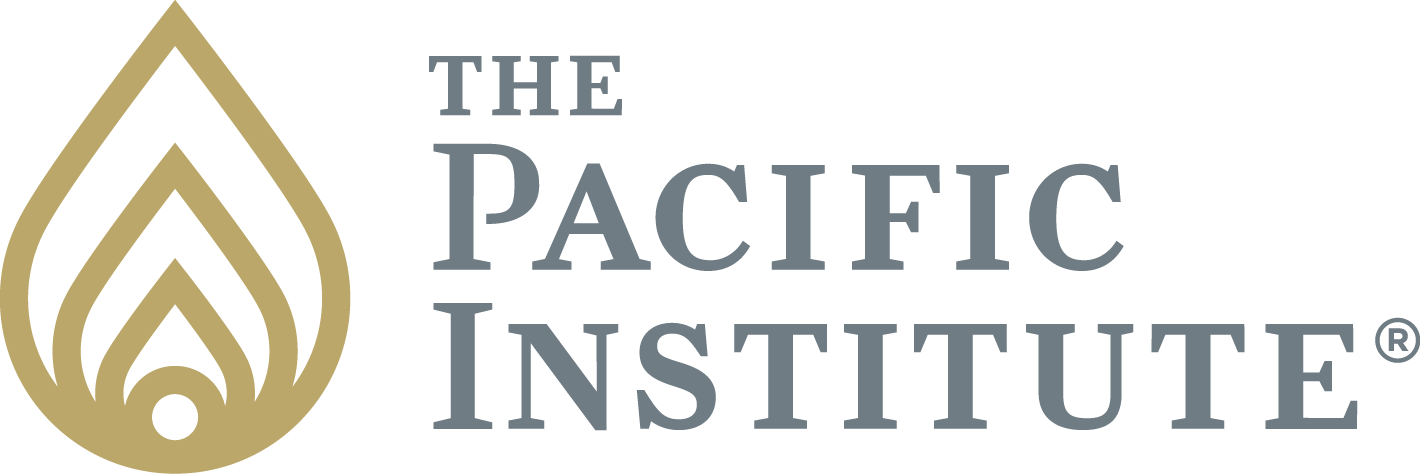Project Description
MANUAL ARTS HIGH SCHOOL
Nothing less than academic excellence

4,000+
Students Helped
91.4%
Attendance Rate at New School After 1 Year
BACKGROUND
A geographic area where:- Disenfranchised youth and young adults have mobilized into over 1200 gangs with over 98,000 known gang members, creating an unprecedented pattern of violence and destruction;
- There are an average of 600+ homicides a year;
- Inner-city concentrations of poverty, crime and racial tension have created the antithesis of the perfect environment for learning.
Despite these circumstances, Manual Arts High School Principal, Dr. Ed Robillard, chose not to use these valid reasons to under-deliver on the promise of academic excellence for his 4,000 member student body.
The year was 2001, and Dr. Robillard just had been appointed Principal of the second-lowest academically-performing high school in the Los Angeles Unified School District. Over 90% of the student body was eligible for the Free or Reduced Lunch program (i.e., a statistic that suggests an economically disadvantaged population).
CHALLENGES
Despite the numbers, a psychological tenet – “The Pygmalion Effect,” taught to Dr. Robillard by Seattle-based The Pacific Institute during his doctoral program at the University of Southern California – challenged the principal to hold onto a mental picture of excellence for Manual Arts and to just keep chipping away at it. The API (Academic Performance Indicators) scores in the graph below demonstrate the power of holding a picture and getting faculty, staff and students to share in it.
The outcomes were undeniable, the methodology unconventional, and the steadfast commitment to excellence unshakable.
Dr. Robillard has a knack for believing in and committing to the achievement of the “impossible.” Not only did he believe that Manual Arts Students could and would excel, he also believed that USC Football Coach Pete Carroll’s vision in 2002 of “a new normal” for Los Angeles, where kids could live without fear of gang violence, was also doable. Using the momentum of both aspiration and the common denominator, the curriculum of The Pacific Institute, Dr. Robillard began facilitating every member of his faculty and staff through an education process that had everybody believing that the impossible was, at minimum, plausible!
According to Dr. Robillard, “While the 21 Keys™ curriculum was personally beneficial to staff members, the real benefit of the curriculum was to communicate my vision and value system to the entire school. There was a definite shift of thinking, over four years, from a fear-based culture typical of many inner city high schools to one of high expectations of students and school performance.”
The methodical gallop towards academic excellence, taken by the faculty and staff at Manual Arts, caused a cultural shift that sustained itself beyond Dr. Robillard’s departure to the School District’s main office in 2006. “I believe whatever success we achieved was due to changing the culture, to one that focuses on what we can do rather than what we can’t do,” says Dr. Robillard.
Details of this whole transformation are too numerous to cite within this brief account. Suffice to say that expectations held firm by the faculty and staff about student achievement produced a relentless persistence toward the creation of a safe, structured and caring environment where students could exercise an opportunity to grow into the expectations held for them by the faculty and staff.
OUTCOME
As for Dr. Robillard, the School District decided to build another High School, West Adams Preparatory High School, which stands just a few miles away from Manual Arts. They also decided to have Dr. Robillard serve as its Principal.
Dr. Robillard was asked to design and staff the new school from the ground up. With a student population 93% Latino and 7% African American, located in another economically disadvantaged area of Los Angeles, West Adams stands as an oasis of opportunity. Designed and equipped more like a modern university, the parents, students and staff voted to institute a uniform dress code.
Once again, Dr. Robillard instituted The Pacific Institute’s high-performance thinking curriculum to the faculty and staff. This time, they have been taking The Pacific Institute’s youth leadership development curriculum, PX2™ to the student base.
“After our first year at West Adams, we achieved a 91.4% attendance rate. This was one of the highest rates in the whole district.”
Dr. Ed Robillard, School Principal, Manual Arts High School
With a whole new normal, the expectations of the students, parents, community, faculty and staff are high!



